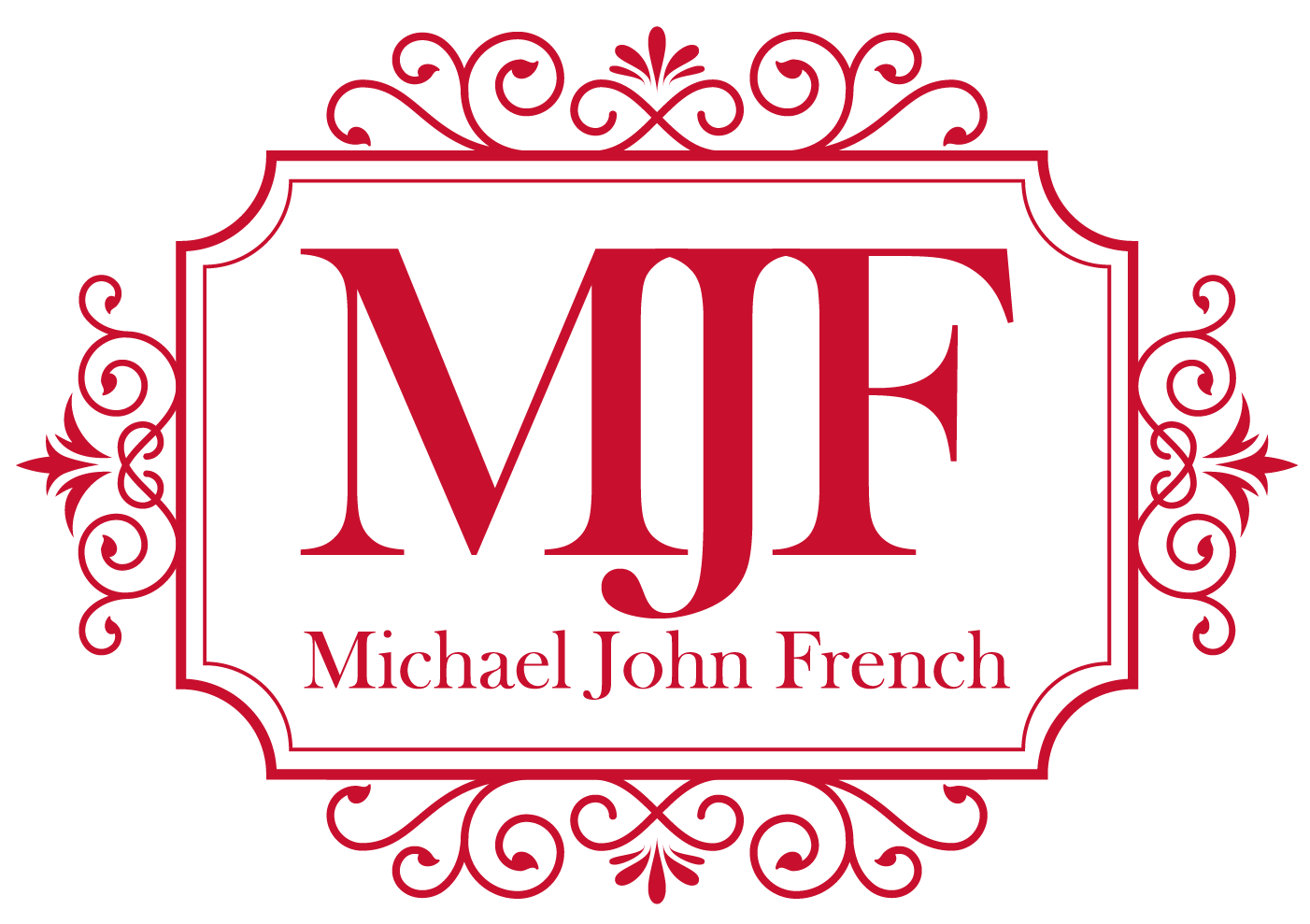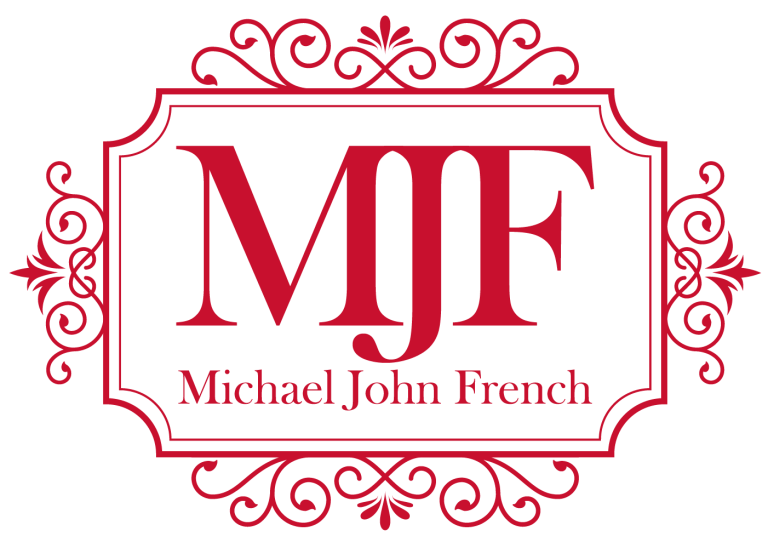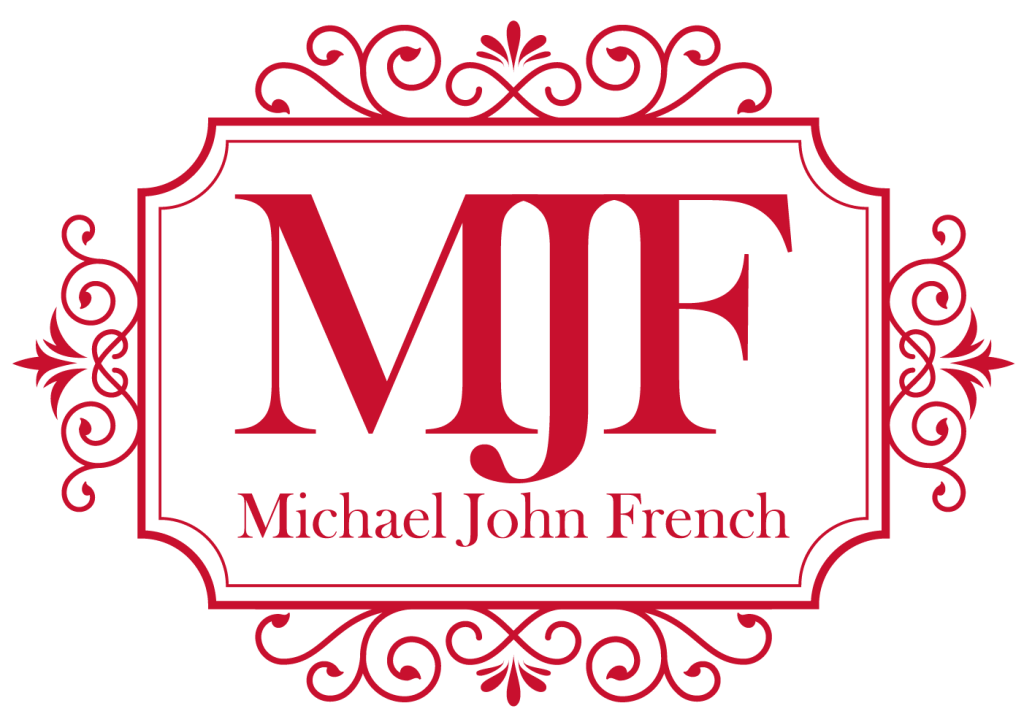In a world where misrepresentation and deception can easily take root, the act of truthfulness holds immense power. It is a force that can alter societies, heal wounds, and cover the way for positive change. In this blog, we will explore how breaking the silence and accepting the truth can lead to reflective societal transformation.
- Fostering Accountability: One of the most important ways truthfulness transforms society is by holding individuals and institutions answerable for their actions. When misconduct is exposed, it becomes impossible to overlook, leading to investigations, legal actions, and, ultimately, justice.
- Rebuilding Trust: Truthfulness is the base of trust. When individuals and institutions are clear and honest, trust flourishes. Rebuilding trust can heal separations and repair fractured relationships within a society.
- Inspiring Change: The truth has the power to encourage change on both personal and societal levels. When stories of resilience and victory over hardship are shared, they motivate others to take action, whether it’s encouraging social justice or striving for personal growth.
- Correcting Injustices: Many social injustices persist due to silence or ignorance. Truthfulness brings these injustices into the light, creating a chance for repair and reform. Movements like the Civil Rights Movement in the United States were powered by the truth of racial inequality.
- Promoting Open Dialogue: Truthfulness encourages open and honest dialogue about multifaceted issues. In an environment where divergent perspectives are acknowledged and respected, society can work towards common solutions to its most unrelenting problems.
- Empowering the Vulnerable: Speaking truth to power empowers downgraded and vulnerable populations. When those who have been quieted find their voices, they become catalysts of change, demanding their rights and equality.
- Shaping Public Opinion: Truthfulness can shape public opinion and create an upsurge of support for significant causes. This, in turn, can influence policymakers and lead to legislative modifications.
- Preventing Repetition: Acknowledging and learning from past truths, such as genocides and atrocities, is vital to prevent their repetition. Truthfulness acts as a powerful warning against future acts of cruelty.
- Catalyzing Healing: Sharing personal stories and experiences can be a form of release and healing for individuals and communities. Acknowledging past traumas is the first step toward cooperative healing.
In conclusion, breaking the silence and accepting the truth can be a catalyst for reflective societal transformation. It is a reminder that transparency, accountability, and the quest for justice are not just ideals but essential components of a fair and equitable society. By supporting and encouraging truthfulness, we can jointly work towards a better future for all.



